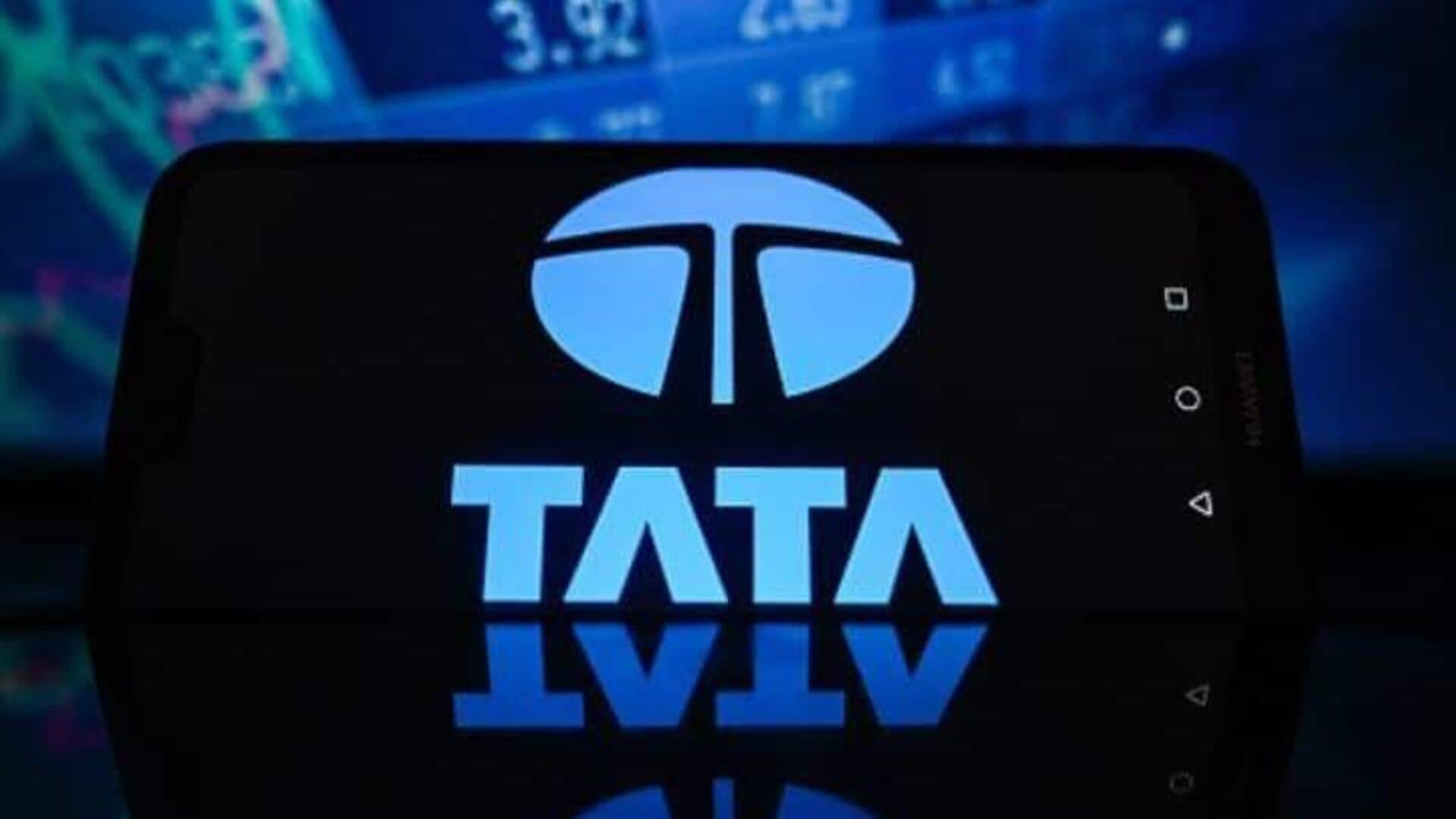The 20th CII Manufacturing Summit convened top industry leaders, policymakers, and global experts to redefine India’s manufacturing roadmap. With the sector contributing 17% to GDP, the Confederation of Indian Industry (CII) reaffirmed its commitment to help achieve the long-standing 25% GDP target—a crucial step toward India’s goal of becoming a global manufacturing powerhouse.
Amardeep Singh Bhatia, IAS, Secretary, Department for Promotion of Industry and Internal Trade (DPIIT), Ministry of Commerce & Industry, Government of India, shared in his address, “The remarkable achievement of ₹14 lakh crore in production and ₹5.3 lakh crore in exports has created over 11.5 lakh jobs. This is not just a number; it represents the livelihoods, aspirations, and economic momentum that drives our nation forward. The expansion of our manufacturing portfolio and the rise of mobile phone exports—crossing ₹1.29 lakh crore since 2014—demonstrate India’s capability to compete globally. However, while our manufacturing exports are growing, they still lag behind services exports, signalling an opportunity for transformation.”
Jamshyd N Godrej, Past President, CII; Chairman, CII Manufacturing Summit 2025; and Chairman & Managing Director, Godrej & Boyce Mfg Co Ltd, underscored the urgency of India’s manufacturing evolution:
“The global landscape will not wait for India to catch up. For decades, we have spoken of a 25% GDP share for manufacturing, yet the goalpost continues to shift. Meanwhile, entrepreneurs in Indonesia, Vietnam, and Thailand are launching products in six months, setting benchmarks we must aspire to meet and surpass.”
Beyond competitiveness, Godrej emphasized the need for inclusivity, particularly women’s leadership in manufacturing:
“True transformation will come when more women step into decision-making roles, shaping the future of this industry. While government support remains crucial, the real driving force will be the bold vision of MSMEs, startups, and corporate leaders who push boundaries and challenge conventions.”
Geetanjali Vikram Kirloskar, Chairperson & Managing Director, Kirloskar System Ltd, framed the economic stakes:
“Manufacturing is the backbone of any great economy, and India’s journey toward becoming a $35 trillion powerhouse by 2047 hinges on our ability to scale this sector. Today, at $600 billion, our manufacturing industry represents immense potential—one that must expand beyond 25% of GDP to truly drive national growth.”
Kirloskar also highlighted the critical importance of supply chain and logistics infrastructure:
“In the pursuit of making India a global manufacturing powerhouse, we must recognize that our strength is only as strong as the backbone that supports it—our supply chain and logistics infrastructure. A robust, agile, and resilient supply chain is not just a facilitator; it is a fundamental driver of disruptive innovation and competitiveness in manufacturing.”
Chandrajit Banerjee, Director General, Confederation of Indian Industry (CII), shared a powerful vision:
“India stands at the crossroads of an industrial revolution—one that will define our economic destiny for generations to come. While we celebrate our progress, we must also confront the challenges ahead with unwavering resolve. To transform India from a $3.7 trillion economy to a $30–35 trillion powerhouse by 2047, manufacturing must claim its rightful place—contributing at least 25% to our GDP. This is not just an economic necessity; it is a national imperative.”
He also emphasized that achieving this vision will require more than just rapid growth:
“It will demand bold policy reforms, relentless innovation, and an industry-wide commitment to excellence. The future belongs to those who dare to build it—let this summit be the catalyst that shapes India’s journey to becoming a global manufacturing leader.”
Swati Salgaocar, Chairperson, CII Western Region & President, V M Salgaocar and Brothers Pvt Ltd, highlighted India’s strategic shift:
“India is not an emerging player in manufacturing; it is an evolving powerhouse. We have a strong foundation, and our trajectory is clear: from 17% to 25% of GDP in manufacturing. This gap is not a deficit—it is an open field of opportunity. The question is not just how much we manufacture, but how we do it. Our success will be defined by our ability to embrace intelligent, sustainable, and technologically advanced production models.”
Abheek Singhi, Chair of Practices, Managing Director & Senior Partner, BCG, outlined the need for a fundamental transformation in manufacturing:
“In an era where sustainability is no longer a choice but an imperative, manufacturing must evolve to integrate cutting-edge technology. The fusion of geopolitical realities, digital transformation, and sustainability will define the next industrial revolution. Our ability to scale manufacturing while remaining environmentally conscious is the challenge of our time.”
Summing up the Inaugural Session, Sunil Chordia, Past Chairman, CII Western Region & Chairman, CII WR Sub-Committee on Manufacturing and Chairman & Managing Director, Rajratan Global Wire Ltd, emphasized:
“Progress is not driven by conversations alone; it is propelled by action. As we stand at this turning point, let’s seize the moment—collaborate, innovate, and build a manufacturing ecosystem that is resilient, sustainable, and future-ready. Together, we will establish India as a global manufacturing leader.”
As India moves towards its $35 trillion economy vision by 2047, manufacturing will be at its core. The 20th CII Manufacturing Summit reinforced the need for bold leadership, strategic investment, and policy-driven innovation to establish India as a global manufacturing leader.
https://www.freepressjournal.in/corporate-gallery/indias-journey-toward-becoming-a-35-trillion-powerhouse-by-2047-hinges-on-our-ability-to-scale-manufacturing-sector-geetanjali-vikram-kirloskar
